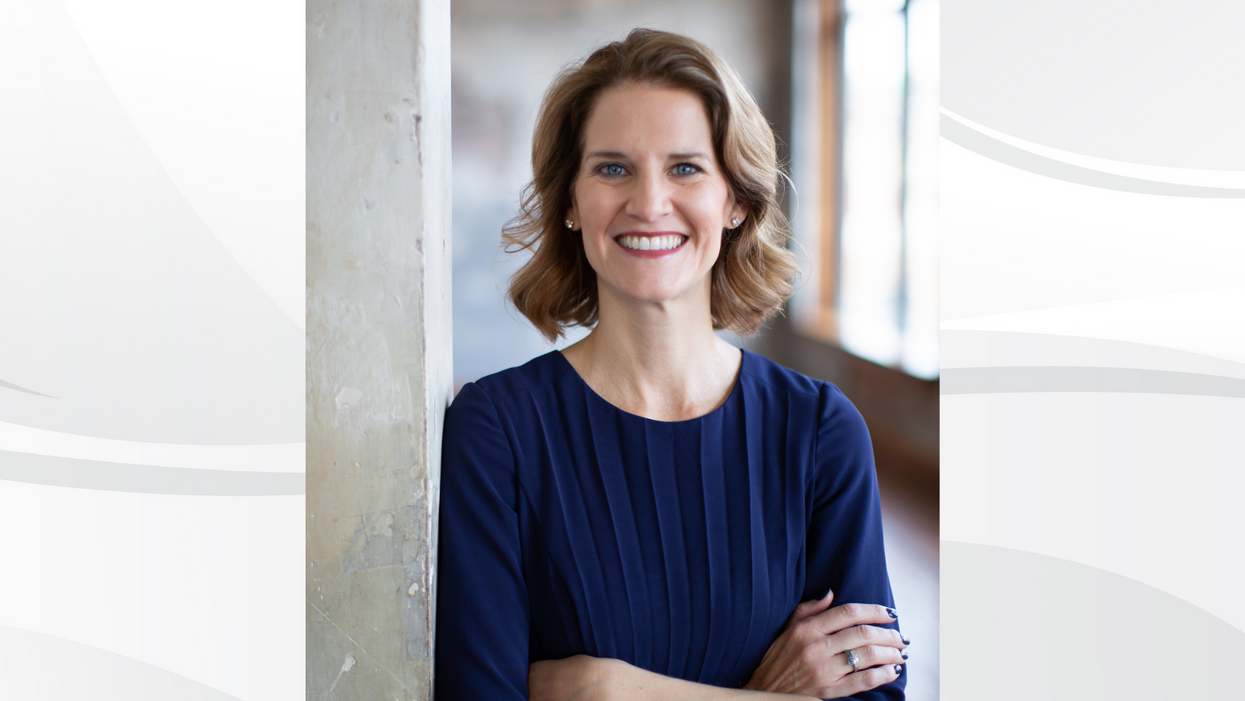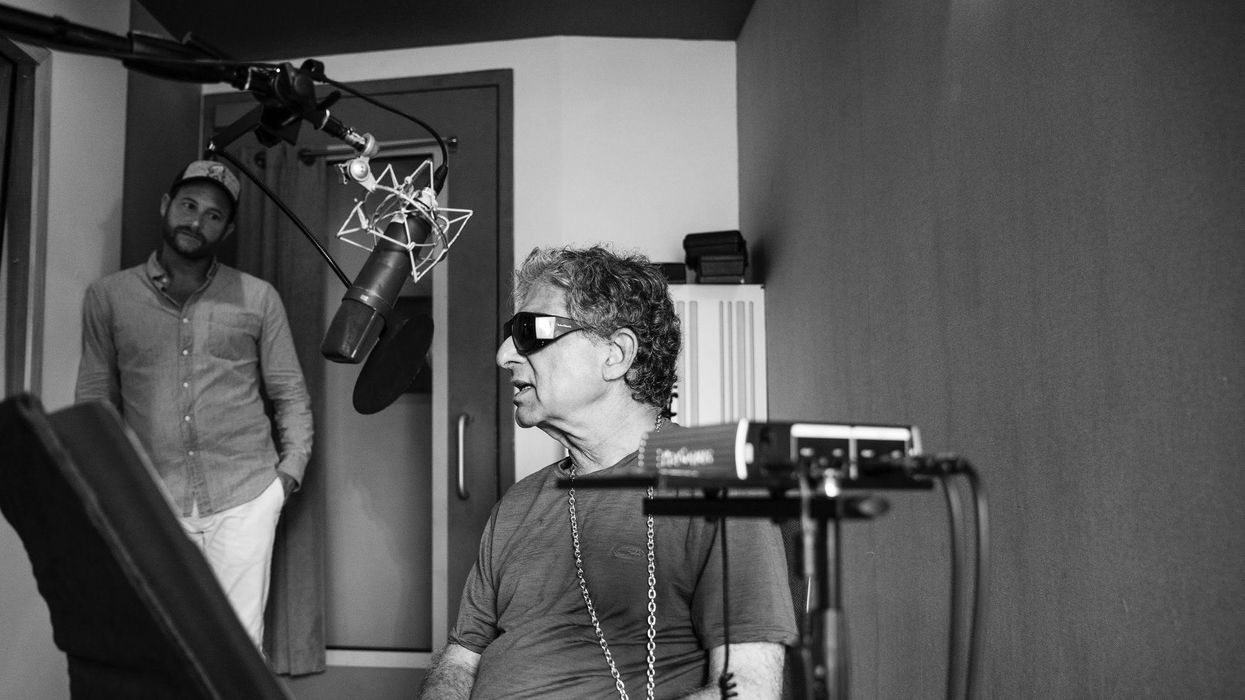New Podcast: Dr. Natasha Burgert Discusses Kids and the Delta Variant

"Making Sense of Science" is a monthly podcast that features interviews with leading medical and scientific experts about the latest developments and the big ethical and societal questions they raise. This episode is hosted by science and biotech journalist Emily Mullin, summer editor of the award-winning science outlet Leaps.org.
Listen to the episode:
Podcast: Wellness chatbots and meditation pods with Deepak Chopra
Leaps.org talked with Deepak Chopra about new technologies he's developing for mental health with Jonathan Marcoschamer, CEO of OpenSeed, and others.
Over the last few decades, perhaps no one has impacted healthy lifestyles more than Deepak Chopra. While several of his theories and recommendations have been criticized by prominent members of the scientific community, he has helped bring meditation, yoga and other practices for well-being into the mainstream in ways that benefit the health of vast numbers of people every day. His work has led many to accept new ways of thinking about alternative medicine, the power of mind over body, and the malleability of the aging process.
His impact is such that it's been observed our culture no longer recognizes him as a human being but as a pervasive symbol of new-agey personal health and spiritual growth. Last week, I had a chance to confirm that Chopra is, in fact, a human being – and deserving of his icon status – when I talked with him for the Leaps.org podcast. He relayed ideas that were wise and ancient, yet highly relevant to our world today, with the fluidity and ease of someone discussing the weather. Showing no signs of slowing down at age 76, he described his prolific work, including the publication of two books in the past year and a range of technologies he’s developing, including a meditation app, meditation pods for the workplace, and a chatbot for mental health called Piwi.
Take a listen and get inspired to do some meditation and deep thinking on the future of health. As Chopra told me, “If you don’t have time to meditate once per day, you probably need to meditate twice per day.”
Highlights:
2:10: Chopra talks about meditation broadly and meditation pods, including the ones made by OpenSeed for meditation in the workplace.
6:10: The drawbacks of quick fixes like drugs for mental health.
10:30: The benefits of group meditation versus individual meditation.
14:35: What is a "metahuman" and how to become one.
19:40: The difference between the conditioned mind and the mind that's infinitely creative.
22:48: How Chopra's views of free will differ from the views of many neuroscientists.
28:04: Thinking Fast and Slow, and the role of intuition.
31:20: Athletic and creative geniuses.
32:43: The nature of fundamental truth.
34:00: Meditation for kids.
37:12: Never alone.Love and how AI chatbots can support mental health.
42:30: Extending lifespan, gene editing and lifestyle.
46:05: Chopra's mentor in living a long good life (and my mentor).
47:45: The power of yoga.
Links:
- OpenSeed meditation pods for people to meditate at work (Chopra is an advisor to OpenSeed).
- Chopra's book from 2021, Metahuman: Unleash Your Infinite Potential
- Chopra's book from 2022, Abundance: The Inner Path to Wealth
- NeverAlone.Love, Chopra's collaboration of businesses, policy makers, mental health professionals and others to raise awareness about mental health, advance scientific research and "create a global technology platform to democratize access to resources."
- The Piwi chatbot for mental health
- The Chopra Meditation & Well-Being App for people of all ages
- Only 1.6 percent of U.S. children meditate, according to the National Center for Complementary and Integrative Health
Podcast: The Friday Five weekly roundup in health research
Scientists have designed a phone app that could alert consumers to high levels of cancer-causing chemicals, Yale researchers revive organs in dead pigs, and more in this week's Friday Five.
The Friday Five covers five stories in health research that you may have missed this week. There are plenty of controversies and troubling ethical issues in science – and we get into many of them in our online magazine – but this news roundup focuses on scientific creativity and progress to give you a therapeutic dose of inspiration headed into the weekend.
Listen to the Episode
Listen on Apple | Listen on Spotify | Listen on Stitcher | Listen on Amazon | Listen on Google
Covered in this week's Friday Five:
- A new blood test for cancer
- Patches of bacteria can use your sweat to power electronic devices
- Researchers revive organs of dead pigs
- Phone apps detects cancer-causing chemicals in foods
- Stem cells generate "synthetic placentas" in mice
Plus, an honorable mention for early research involving vitamin K and Alzheimer's

